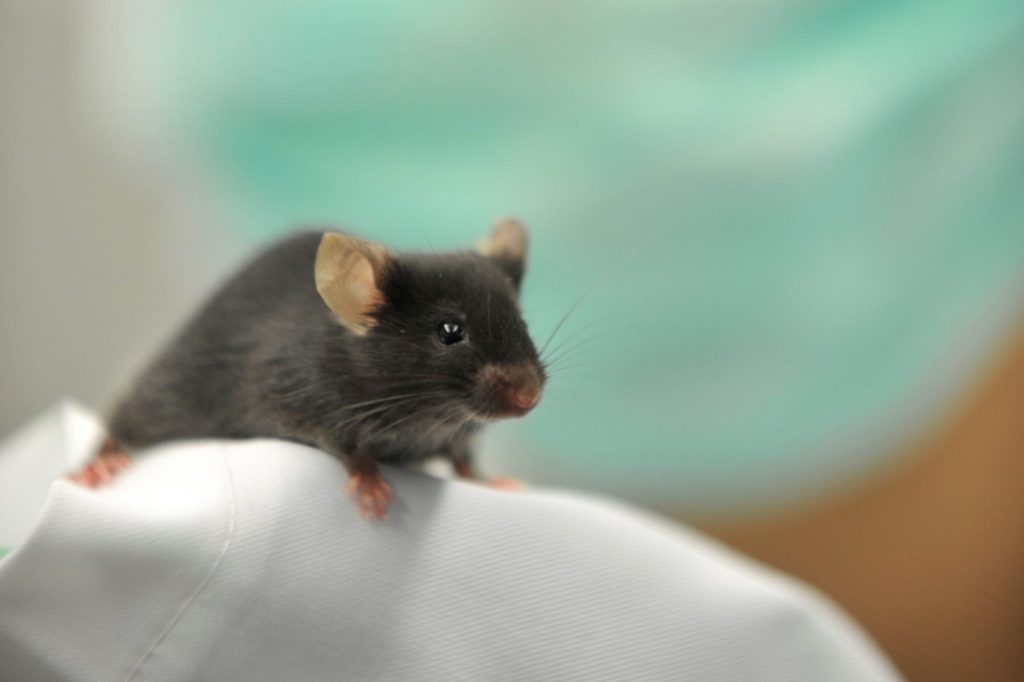DHX9 – New Candidate Gene for Neurodevelopmental Disorders and Charcot-Marie-Tooth Disease
A team of scientists at the Baylor College of Medicine, the Chinese University of Hong Kong, the German Mouse Clinic and collaborating institutions analyzed the genes of patients with undiagnosed neurodevelopmental disorders (NDDs) ranging from severe to mild and conducted family studies to detect genetic mutations related to their condition.
The researchers discovered that the patients had mutations of the gene DHX9, which disrupted the gene’s normal function. This is the first time that this gene has been associated with a human disease. The study was recently published in the American Journal of Human Genetics.
DHX9 primarily localizes to the nucleus, where it regulates transcription and unwinds nucleic acid structures. 20 individuals with de novo, ultra-rare, heterozygous missense or loss-of-function (LoF) DHX9 variant alleles were identified with phenotypes ranged from NDDs to the distal symmetric polyneuropathy axonal Charcot-Marie-Tooth disease (CMT2). Fibroblasts from individuals with missense variants showed alterations in DHX9 function and abnormal cellular distribution. Homozygous Dhx9 knock-out mice were generated and studied at the German Mouse Clinic and the results support the connection between gene and neuronal functions. The deletion in mice resulted in behavioral and neurological abnormalities that could indicate altered sensory information processing. Dhx9−/− had lower body weight and reduced food intake, also, 20% showed tremors compared to controls. In addition, the constitutive loss of Dhx9 caused deafness in the mutant mice.
Within this study 20 patients received a genetic diagnosis, and the results provide a starting point for the examination of the role of DHX9 in human neurodevelopment and neurodegeneration.
Original publication:
Calame DG et al. Monoallelic variation in DHX9, the gene encoding the DExH-box helicase DHX9, underlies neurodevelopment disorders and Charcot-Marie-Tooth disease. Am J Hum Genet. 2023 Aug 3;110(8):1394-1413.
doi: 10.1016/j.ajhg.2023.06.013..
Epub 2023 Jul 18. PMID: 37467750
